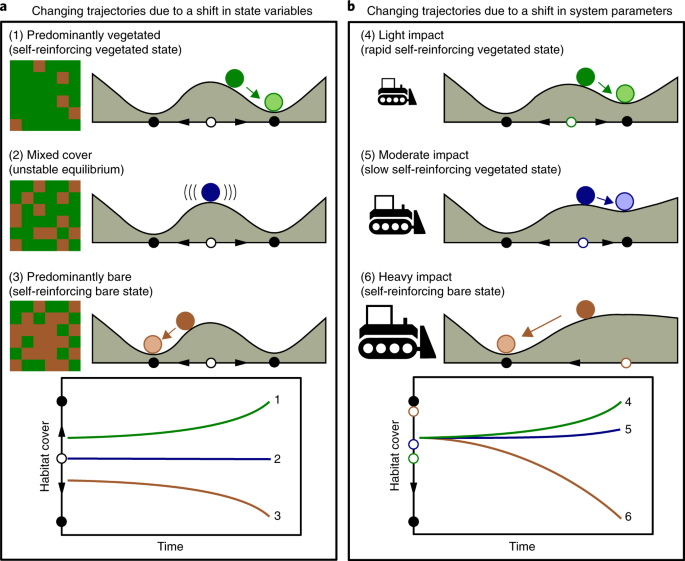You have worked hard and feel it’s time to negotiate a raise, but with inflation on the rise, you may be wondering how to make your case effectively. Luckily, we have some valuable tips to help you navigate through this tricky situation. By considering factors such as market trends, your contributions to the company, and the overall economic situation, you can have a successful negotiation and secure the raise you deserve. So, let’s dive into these practical tips for negotiating a raise during inflation.
Know Your Worth
Research Market Salaries
Before negotiating a raise during inflation, it is essential to have a solid understanding of the market salaries for your position. Do some research and collect data on the average salaries for similar roles in your industry and geographical area. This information will serve as a valuable benchmark and help you determine a realistic salary range to aim for during your negotiation.
Evaluate Your Skills and Experience
In addition to researching market salaries, take the time to evaluate your own skills and experience. Consider the expertise you bring to the table, any unique qualifications you possess, and the value you provide to your organization. By recognizing the strengths you bring to your role, you will be better equipped to confidently negotiate for a raise that reflects your true worth.
Understand the Impact of Inflation
Learn About Current Inflation Rates
Inflation can have a significant impact on the cost of living, and it’s important to understand its current rates before entering into a negotiation. Stay informed about the inflation rates in your country or region, as this knowledge will help you make a compelling case for a raise that aligns with the rising expenses you face.
Recognize the Effects of Inflation on Cost of Living
Be aware that inflation can cause prices to increase over time. The rising costs of housing, groceries, transportation, and other necessary expenses directly affect your overall financial well-being. When negotiating a raise, it is crucial to convey to your employer how inflation has affected your cost of living, making it essential for your salary to keep up with these changing economic conditions.
Timing is Key
Consider the Company’s Financial Situation
Timing is crucial when it comes to negotiating a raise during inflation. Before initiating discussions, take into account your company’s financial situation. If your organization is currently facing financial constraints or undergoing economic challenges, it may not be the most opportune time to negotiate a raise. Understanding the financial stability of your company will help you gauge whether it is the right moment to proceed with your negotiations.
Choose a Favorable Time for Negotiation
Selecting the appropriate time to request a raise is essential. Assess the overall atmosphere at your workplace and consider factors such as the current workload, company milestones, or successful project completion. Opting for a time when your employer is more likely to be receptive will increase the chances of a successful negotiation.

Prepare Your Case
Quantify Your Contributions
When preparing your case for a raise, it is essential to quantify your contributions. Look back over your past achievements, projects, and milestones and identify specific instances where you went above and beyond your regular duties. Assigning tangible numbers or figures to your accomplishments will help make a stronger case for why you deserve a higher salary.
Highlight Achievements and Additional Responsibilities
Alongside quantifying your contributions, make sure to highlight any additional responsibilities you have taken on during your time with the company. This may include leading a project, training colleagues, or taking on new roles and tasks. By showcasing your versatility and the value you bring to the organization, you’ll demonstrate your readiness for a raise.
Gather Supporting Evidence
Collect Salary Data for Similar Roles
Support your negotiation with hard data by collecting salary information for similar roles in the industry. Utilize reputable salary surveys, industry reports, or online resources to gather this information. Having concrete evidence of what others in your field are earning can make your case more compelling and help you in justifying your request for a higher salary.
Compile Positive Performance Reviews or Feedback
Positive performance reviews or feedback can be excellent supporting evidence during a negotiation. If you have received commendations for your work, gather these testimonials and present them as evidence of your excellent performance. Demonstrating that you consistently meet or exceed expectations will strengthen your argument for a raise.
Focus on Value
Emphasize Unique Skills or Expertise
During your negotiation, emphasize any unique skills or expertise that you possess which set you apart from others in your field. Whether it be specialized training, certifications, or experience working with specific technologies or methodologies, highlighting these qualities will reinforce your value to the company and make your case for a raise more compelling.
Discuss Contributions to Company Growth or Efficiency
Another effective way to showcase your value is by discussing your contributions to the company’s growth or efficiency. Quantify your impact by presenting specific examples of how you have positively influenced projects, increased revenue, or streamlined processes. Demonstrating your role in driving the company’s success will further support your request for a raise.
Develop a Negotiation Strategy
Establish Realistic Expectations
Setting realistic expectations is crucial to a successful negotiation. Prior to the negotiation, research and determine a salary range that accurately reflects your worth and aligns with your skills, experience, and market rates. Having a clear understanding of what you can reasonably ask for will help you navigate the conversation confidently and effectively.
Anticipate Potential Objections
While negotiating, it’s crucial to anticipate potential objections that your employer might raise. Put yourself in their shoes and consider any concerns they may have about granting you a raise, such as budget constraints or market competition. By proactively preparing counterarguments or solutions, you can address these objections and demonstrate your commitment to a fair and mutually beneficial agreement.
Practice Effective Communication
Clearly Articulate Your Points
During the negotiation process, effective communication is key. Clearly articulate your points, presenting a well-organized and logical argument for why you deserve a raise. Focus on the key factors such as your accomplishments, the impact of inflation, and the value you bring to the company. By conveying your thoughts confidently and concisely, you’ll increase the likelihood of a positive outcome.
Active Listening and Responding Professionally
Effective communication is not just about presenting your points but also about actively listening to the other party. Listen attentively to your employer’s concerns or questions, and respond professionally and respectfully. Show that you value their perspective and are willing to engage in a constructive conversation. Building a rapport based on good communication will greatly enhance the chances of reaching a successful agreement.
Consider Non-Financial Perks
Explore Benefits or Professional Development Opportunities
When negotiating a raise, it’s not just about the monetary aspect. Consider non-financial perks that can enhance your overall job satisfaction. Explore whether there are additional benefits, such as healthcare, retirement plans, or professional development opportunities that your employer could offer. These perks can have a significant impact on your overall compensation package.
Request Flexible Work Arrangements
Flexibility in work arrangements is becoming increasingly important to many employees. Consider if there are any adjustments that can be made to your schedule or remote work options that would benefit both you and your employer. Requesting flexibility in your work arrangements can be a valuable negotiation point and showcase your commitment to achieving work-life balance.
Be Professional and Persistent
Maintain Professionalism Throughout the Process
Maintaining professionalism is paramount throughout the negotiation process. Regardless of the outcome, ensure that you conduct yourself with dignity, respect, and professionalism. Avoid becoming defensive or confrontational, as this can hinder productive discussions. Approaching the negotiation with a professional demeanor will leave a positive impression on your employer and preserve a good working relationship.
Follow-Up and Continue the Conversation if Needed
Even if the negotiation does not result in an immediate raise, it is essential to follow up and continue the conversation. Express your gratitude for the opportunity to discuss your compensation and inquire about any specific feedback or milestones that would make a raise possible in the future. By demonstrating your persistence and dedication to your professional growth, you leave the door open for further discussions down the line.
Negotiating a raise during inflation may seem daunting, but with careful preparation and effective communication, you can increase your chances of success. By knowing your worth, understanding the impact of inflation, picking the right timing, and developing a solid negotiation strategy, you are ready to embark on this important step towards achieving the compensation you deserve. Remember to be professional, persistent, and confident in presenting your case, as your contributions and value to the company should not go unrecognized.





